Reading Archive
The Best Short Story I Read in a Lit Mag This Week: “Punkin” by Dawn S. Davies
You could say sentences are to words what good border collies are to sheep: Each take a disorganized group of individuals and compel them to do the collective bidding of their respective bosses. Both the author and shepherd would have a very difficult time without them. But the analogy
Literary Enemies: Junot Díaz vs. Meg Wolitzer

Literary Enemies: Meg Wolitzer and Junot Díaz Disclaimer: I refuse to believe that Meg Wolitzer and Junot Díaz aren’t friends. I’m going to try my best to keep this from getting all Men Are from Mars, Women Are from Venus, and I promise I’m not going to make When
Emily Dickinson: A Private Poet in the Digital Age?
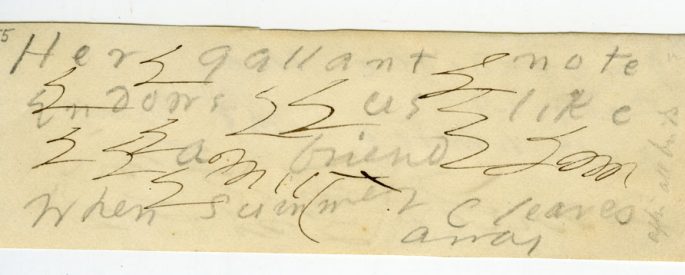
Walt Whitman once wrote, “To have great poets, there must be great audiences, too.” But around the same time Whitman wrote those words, living a just few states away from him was a great poet who had almost no audience whatsoever. She tended to send her poems only to a
The Best Short Story I Read in a Lit Mag This Week: “Keller in Effects” by Todd James Pierce
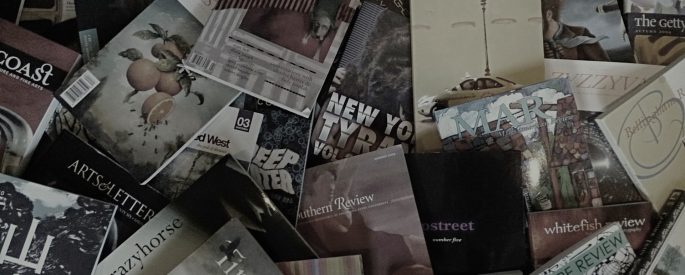
There’s a rich body of art that could be described by that famous quote by Thoreau from Walden, “The mass of men lead lives of quiet desperation”—art in particular focusing on the upper class of the 50s and 60s. Think of Richard Yates’ Revolutionary Road, or more recently the
Review: CHAMIQUE by Chamique Holdsclaw
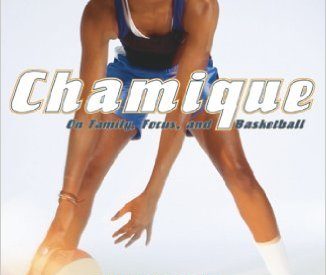
Chamique: On Family, Focus, and Basketball Chamique Holdsclaw with Jennifer Frey Scribner, 2000 189 pages Buy: ebook Much like Brittney Griner’s In My Skin, Chamique is a slapped-together memoir by a college basketball wunderkind, Chamique Holdsclaw, following the player’s uneven rookie year in the pros. Where In My Skin charmed with Griner’s honesty
Dear, Dear: The Intimacy of Letters
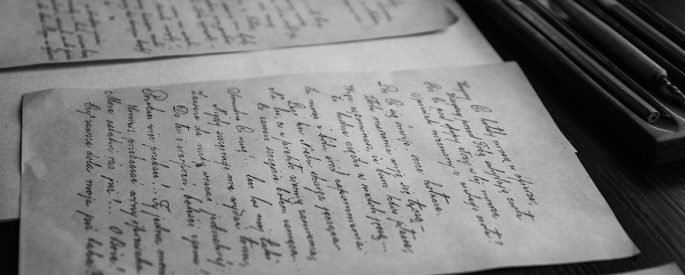
Nobody writes letters anymore. Sometimes the lament strikes me as cranky, romanticized (I once heard a radio interview with a woman who’d decided to homeschool her children in large part because their school had cut out cursive writing). But it’s true that I’ve saved many of the rare handwritten
My Literary Zombie Apocalypse Dream Team
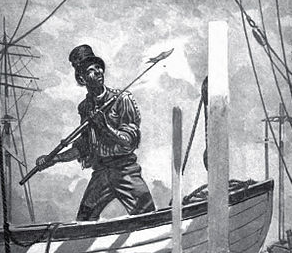
It’s a discussion as old as time itself: in the event of a zombie apocalypse, with whom would you hope to be stranded? I know I’ve given this a lot of thought (I am, after all, a very serious and presently unemployed intellectual with way too much time on
The Best Short Story I Read in a Lit Mag This Week: “Centrifugal Force” by Jodi Angel
People want to believe that Mark Twain once said, “Denial ain’t just a river in Egypt,” though there’s zero evidence to back up his authorship. While others have claimed to know the quote’s true origin, most likely it’s one of those anonymous aphorisms passed down through the years. But
“We licked the dictionary off each other’s faces” : Bhanu Kapil’s Humanimal: A Project for Future Children
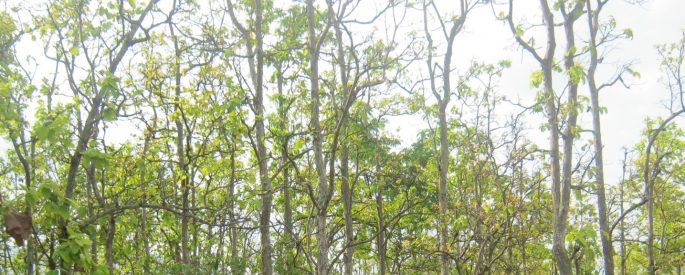
What’s wrong with being raised by wolves? In Humanimal: A Project for Future Childen, Bhanu Kapil investigates “the true story of Kamala and Amala, two girls found living with wolves in Bengal, India, in 1920” (ix). But unlike a crowd drawn to witness a re-enactment, Kapil’s book instead involves
The Best Short Story I Read in a Lit Mag This Week: “A Daring Undertaking” by Ashley Davidson
Who doesn’t enjoy reading other people’s mail? There’s a guilty pleasure in eavesdropping on other people’s correspondence. In “A Daring Undertaking” (Shenandoah Volume 64, Number 2) by Ashley Davidson, we’re privy to a strange collection of letters, public and private, spanning from 1856 to 1933, examining the various transgressions—both personal